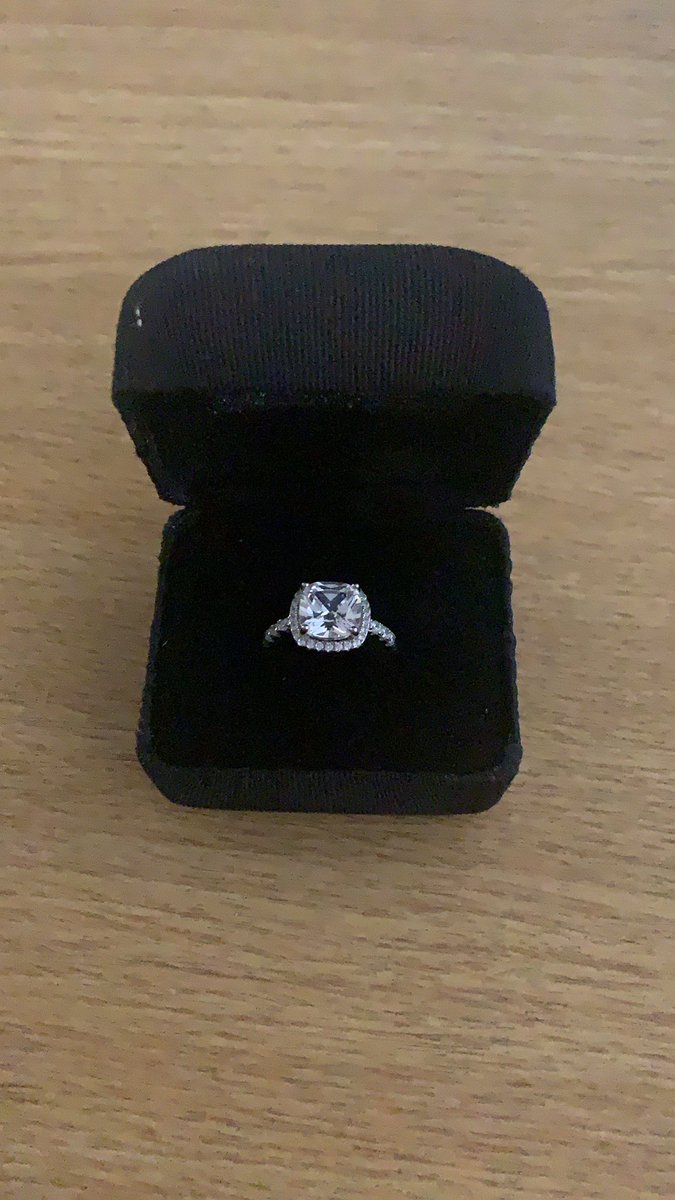
So, one for the “how do we tackle this issue in the industry” list: work over the weekend.
People are entitled to days off. Recognizing that not having them is:
a) a major contributor to the burnout we are facing, and
b) challenging because so much of our work is after hours,
People are entitled to days off. Recognizing that not having them is:
a) a major contributor to the burnout we are facing, and
b) challenging because so much of our work is after hours,
How do we find ways to get freelancers regular days off? No shows take hiatus at the same time. Projects email constantly, with endless follow-ups. I’m trying to track messages/threads/projects across, at minimum, eight communication platforms.
I woke up to two follow-ups to emails from Friday. I dealt with a family emergency on Fri. and then was filming all day yesterday.
I need one day for my brain to recover, and that won’t happen this week (*looks at reading list for meeting early in the week*).
I need one day for my brain to recover, and that won’t happen this week (*looks at reading list for meeting early in the week*).
Not having any chance to stop thinking about work, to have it constantly poking me, is so, so stressful and endlessly makes burnout worse.
How can we start shifting things so people can have days off, where that’s OK?
Advice only from those who work in the field, please.
How can we start shifting things so people can have days off, where that’s OK?
Advice only from those who work in the field, please.
• • •
Missing some Tweet in this thread? You can try to
force a refresh




